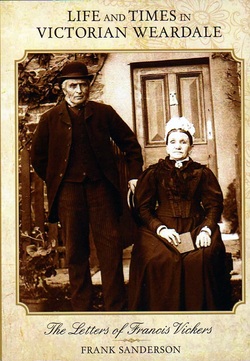
You can find this book for $14.40 on Amazon.com or for £9.12 on Amazon.co.uk but – despite its Canadian content – not on Amazon.ca. My distant cousin-by-marriage Frank Sanderson created it as a self-published Amazon title. He’s a retired professor of Sports Science – in Canada that’s probably Kinesiology – who lives in Liverpool but whose ancestors lived and farmed for at least 4 centuries in or near the valley (“dale”) of the Wear River in County Durham.
The book itself is a contemporary example of the kind of technological change that in the late nineteenth century brought an end to traditional farming and social practices in British areas such as Weardale and spurred many disadvantaged inhabitants to emigrate to North America or Australia. A few decades ago such a book would have been a “local history,” produced in a village printshop and sold in local stores to residents and visitors. Today it is written, formatted to include more than 60 photos and maps and ‘typeset’ on the author’s computer and globally distributed – sometimes to descendants of those nineteenth-century emigrants.
Sanderson has organized his book around eight letters sent by Francis Vickers (1821-1903), the son of his great-great grand uncle (i.e. Sanderson’s first cousin three-times removed) to his cousins George and Thomas Vickers who had emigrated to Canada. For each letter Sanderson writes a chapter in which he glosses the places, events and people mentioned by Vickers and contextualizes them within local, national and international economic and political history. Vickers writes the first letter in 1874 and the last in 1901. Much like Charles Olson recommended to Ed Dorn, Sanderson appears to have learned more about his subject – a few square miles of Weardale during a 27-year period – than anyone before him. And much like Olson's admiration for Gloucester fishers, his admiration for Weardale's
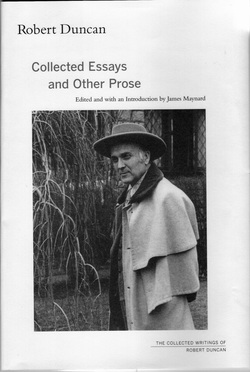
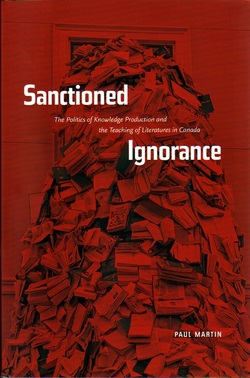
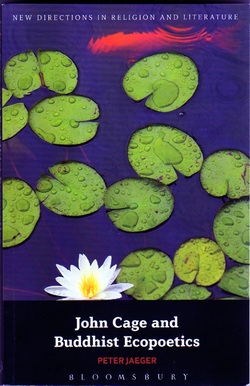
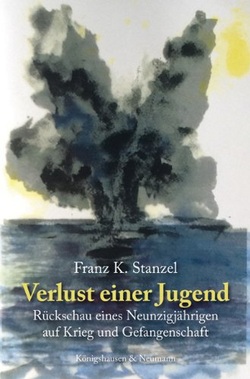
 RSS Feed
RSS Feed